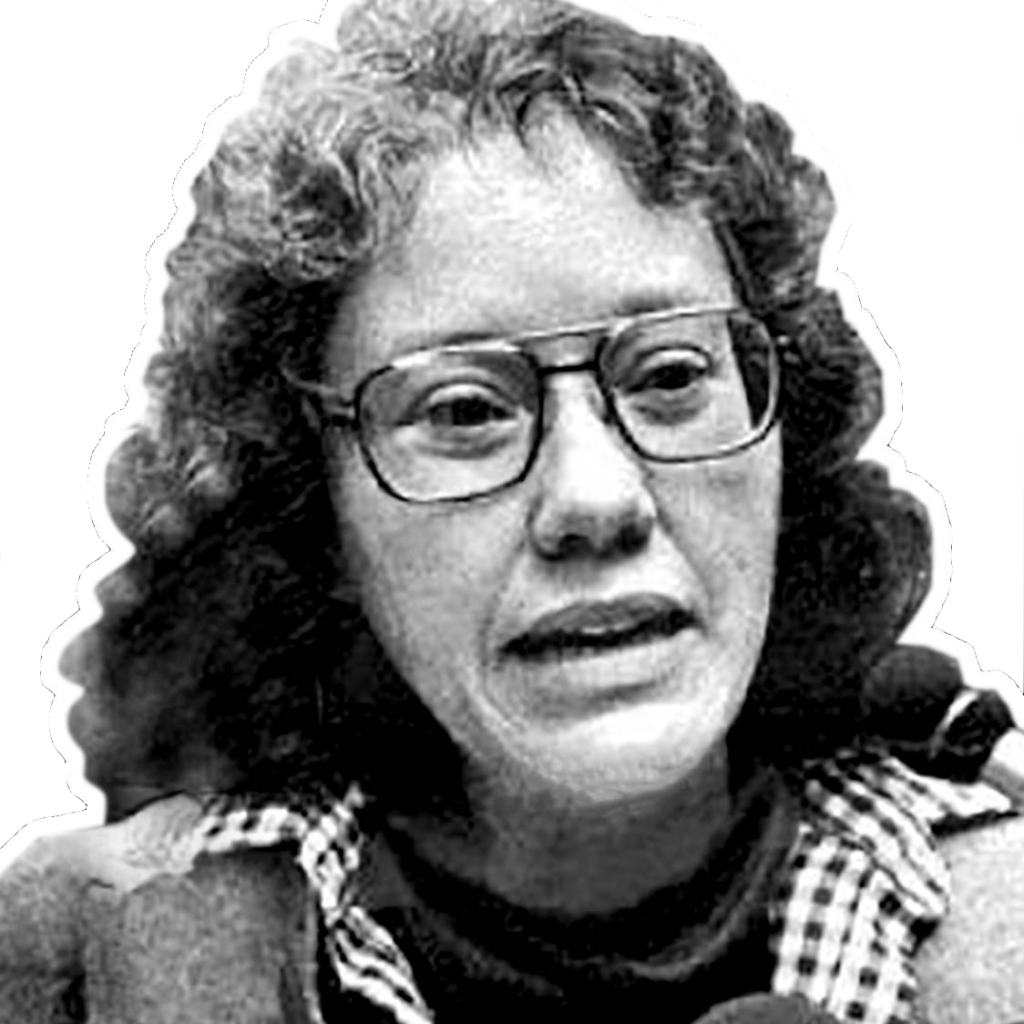
Kitty Cone was an influential figure in the disability rights movement in the United States, dedicating her life to advocating for the rights of people with disabilities and fighting for social justice. For nearly two decades, she actively participated in the Disability Rights Education and Defense Fund (DREDF), endorsing and supporting the organization’s work. Even after retiring, Kitty remained deeply engaged with DREDF, investing her time in activities like meeting prospective donors, speaking at law school classes, providing insightful political analysis, and mentoring young advocates.
Her contributions to the struggle for federal disability rights legislation were pivotal. As an early leader in the 1970s, Kitty played a significant role in raising awareness about the external prejudice, discrimination, and barriers faced by individuals with disabilities. One of her notable achievements was participating in the 26-day occupation of the San Francisco federal building in 1977. This occupation compelled Joseph Califano, the then-US Health Education and Welfare Secretary, to sign regulations implementing Section 504 of the 1973 Rehabilitation Act. This groundbreaking act marked the first US disability civil rights law. Kitty’s exceptional political organizing skills were instrumental in forging coalitions and garnering broad community support for the demonstrators in San Francisco.
Section 504’s impact cannot be overstated. It laid the foundation for subsequent disability rights legislation, including the Americans with Disabilities Act (ADA). Kitty Cone emphasized the transformative nature of the regulations’ signing, considering it the “public birth” of the disability rights movement. It empowered people with disabilities and paved the way for legislative victories based on the principles of non-discrimination and integration.
Before immersing herself in disability rights activism, Kitty Cone had a rich history of engaging in various social justice causes. As a student activist in the 1960s at the University of Illinois, she fought against apartheid in South Africa and racial segregation in housing in Champaign-Urbana. Her travels in Latin America exposed her to widespread poverty and provided an opportunity to meet influential political figures like Hugo Blanco in Peru. These experiences solidified her commitment to socialism and drove her pursuit of social, economic, and political justice.
During her time at the Mount Vernon Seminary in Washington, Kitty faced discrimination due to her use of a cane. The headmistress imposed discriminatory rules, such as demanding she bathe in a separate tub outside her shared suite, which proved challenging for her. Kitty chose to use the bathtub in her suite instead. Additionally, she was prohibited from attending a school activity, but she defiantly participated anyway. These acts of resistance resulted in her expulsion. Reflecting on this experience, Kitty Cone believed that her expulsion was solely motivated by her disability, suggesting the headmistress was concerned about liability.
This early encounter with discrimination became a driving force behind Kitty Cone’s lifelong commitment to fighting for disability rights and dismantling societal barriers. Her personal experiences and the injustices she faced fueled her passion to become a fierce advocate for the rights of people with disabilities, greatly influencing her activism within the disability rights movement.
In the early 1970s, Kitty Cone applied her political organizing skills at the Berkeley Center for Independent Living after moving to the San Francisco Bay Area. She tirelessly advocated for personal assistance services, accessible transportation, and the implementation of curb ramps. Overcoming opposition from adoption agencies due to her status as a single disabled wheelchair user, she relocated to Mexico and successfully adopted her son, Jorge. After finalizing the adoption, Kitty returned to the Bay Area and continued advocating for independent living programs, personal assistance services, transportation, and disability rights through her work with organizations like Berkeley CIL, the World Institute on Disability, and DREDF.
Sadly, Kitty Cone passed away on March 21, 2015, at the age of 70 in Berkeley, California. She was deeply cherished, loved, and respected by a diverse and extensive community of friends. Throughout her life, she opened her home to them, along with her devoted family, until her passing. Kitty Cone’s legacy in the field of disability rights and human rights advocacy remains powerful and enduring.
References:
Disability Rights Education & Defense Fund (n.d.). Celebrating Kitty Cone: 1944-2015. DREDF. https://dredf.org/2015/03/25/celebrating-kitty-cone-1944-2015/
Lu, W. (2021, March 26). Overlooked no more: Kitty Cone, trailblazer of the disability rights movement. The New York Times. https://www.nytimes.com/2021/03/26/obituaries/kitty-cone-overlooked.html
Online Archive of California (2000). Political organizer for disability rights, 9170s-1990s, and strategist for section 504 demonstrations, 1977. Online Archive of California. https://oac.cdlib.org/view?docId=kt1w1001mt&brand=oac4